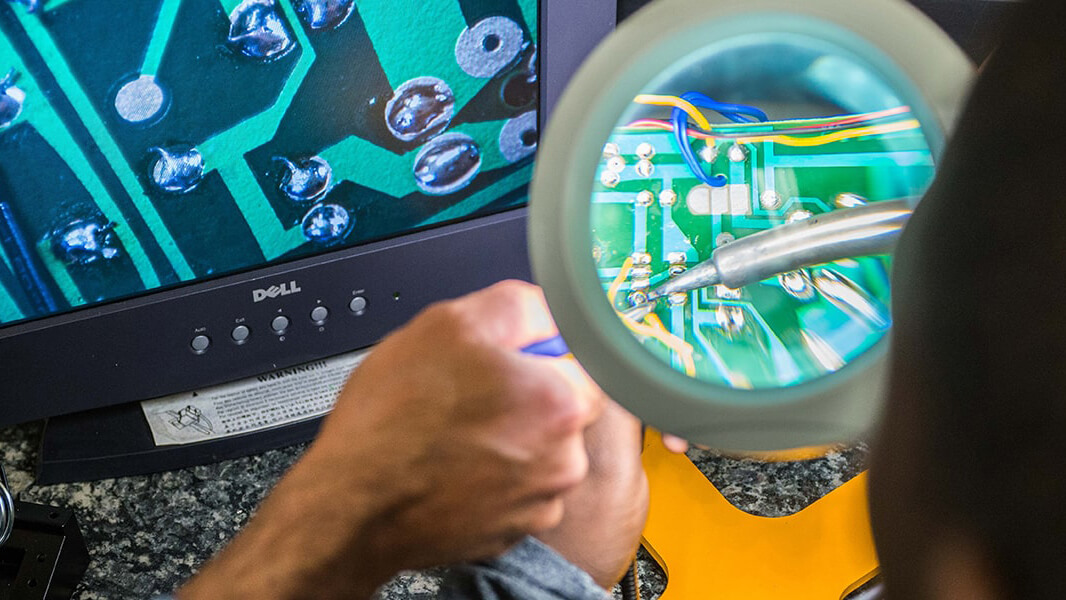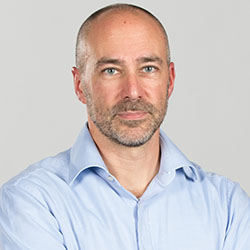MS
Electrical & Computer Engineering
Format & Location
On-Campus (Fairfield, CT)
School/College
School of Engineering and Computing
Start Dates
Spring (January), Summer (May), Fall (September)
Application Deadline
Rolling Admission
Completion
12-24 months
Schedule
Full-Time or Part-Time
Attend a Virtual Information Session
Check for upcoming dates
Fairfield University's Master of Science in Electrical and Computer Engineering (MSECE) provides students with the knowledge and skills to innovate and lead in their chosen discipline, all within the framework of research and development in academic institutions, the industrial workplace, research laboratories, or service organizations.
Find Out More
Course Requirements
MS in Electrical & Computer Engineering
30 credits
Contact Us
Graduate Admission
gradadmis@fairfield.edu
(203) 254-4184
Request Program Info
Want details on courses, schedules, and financial aid? We're here to help.
Loading...

